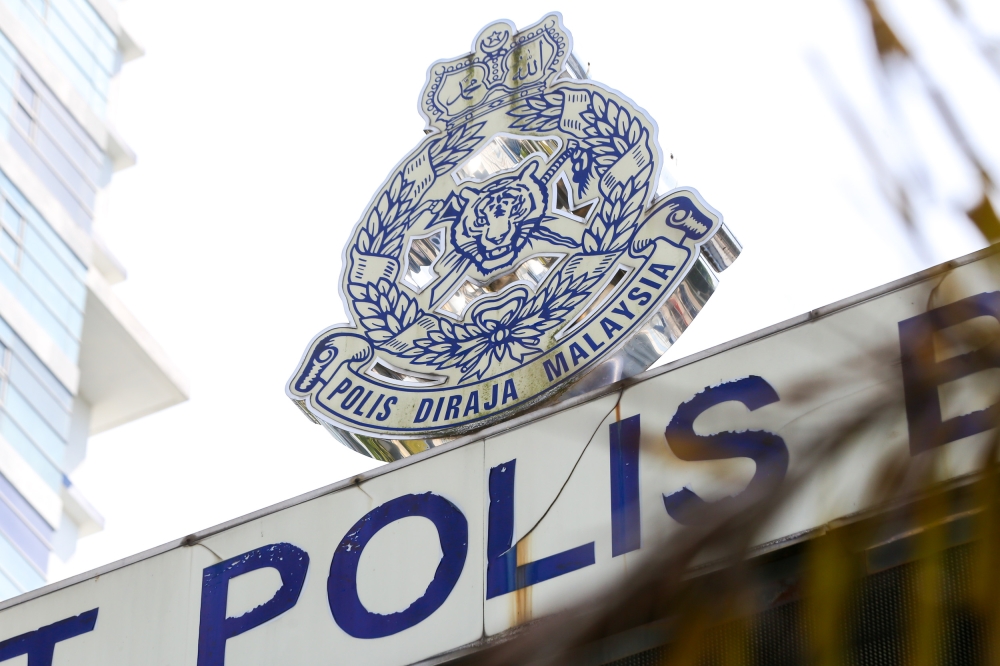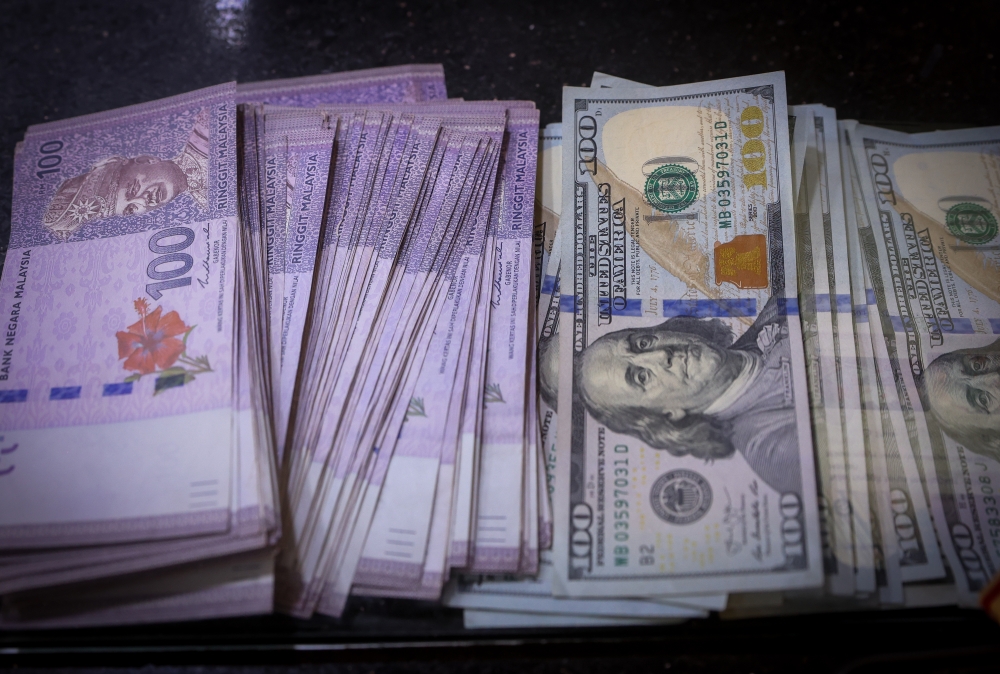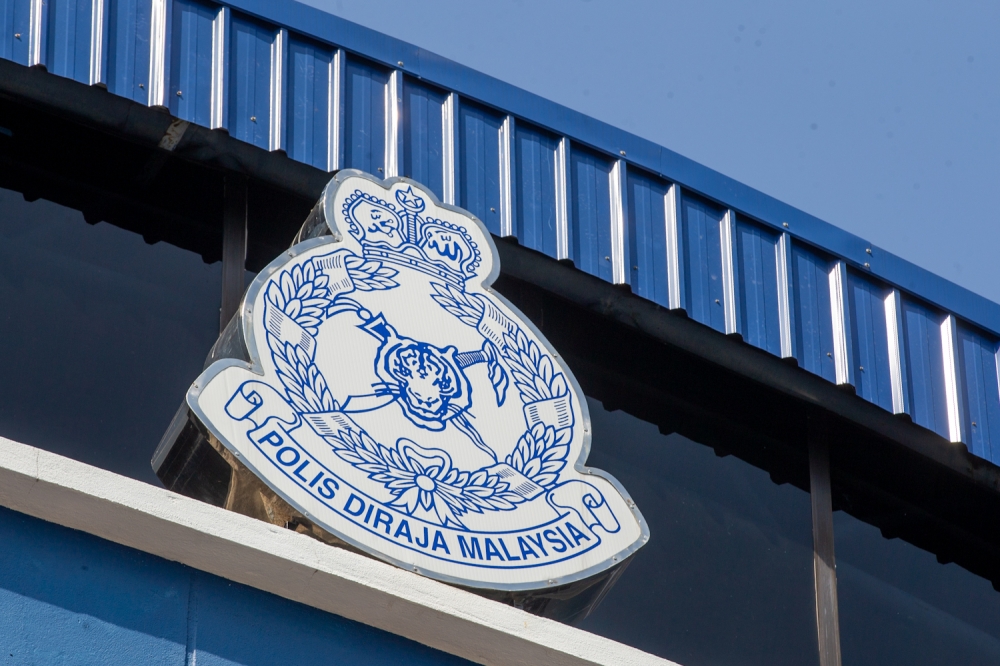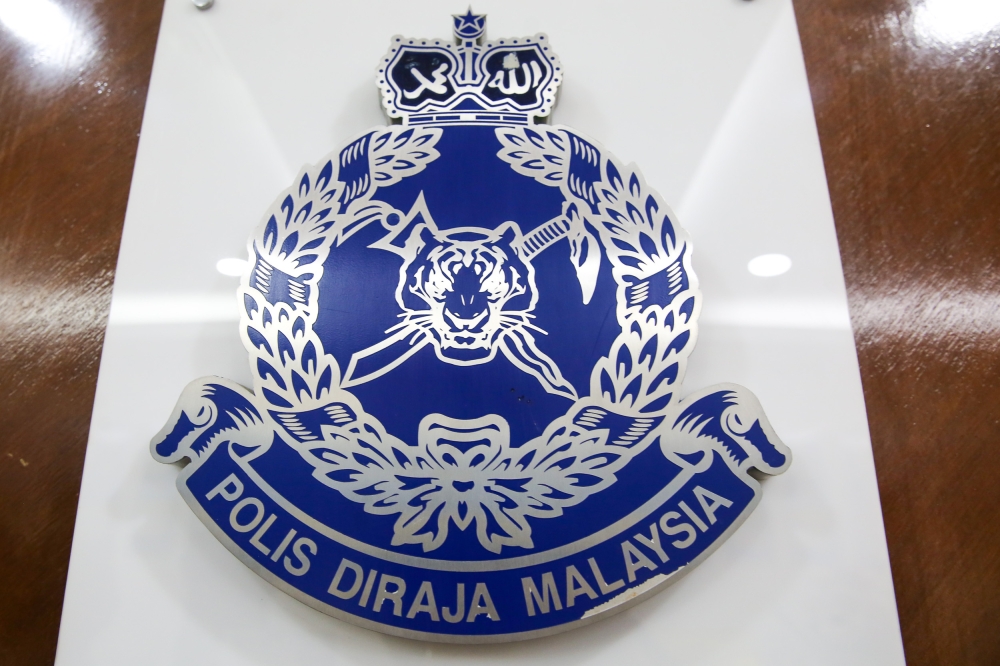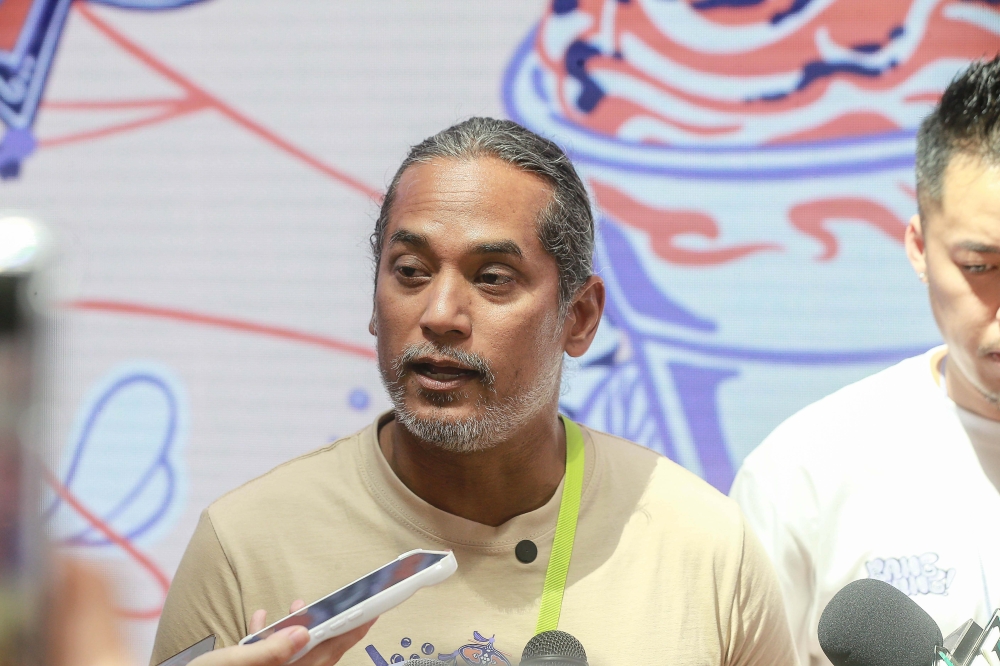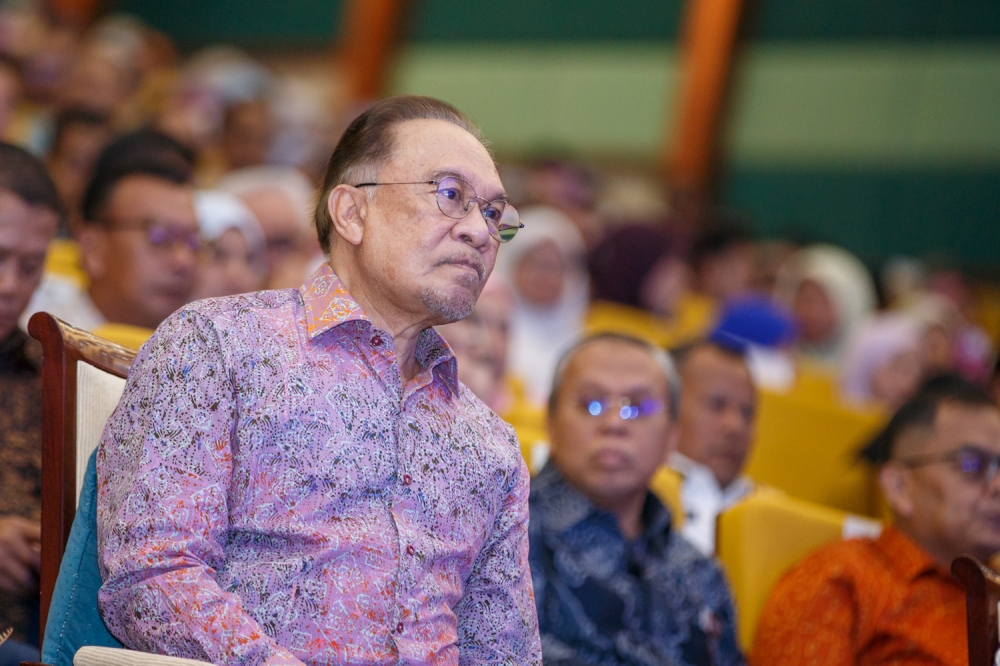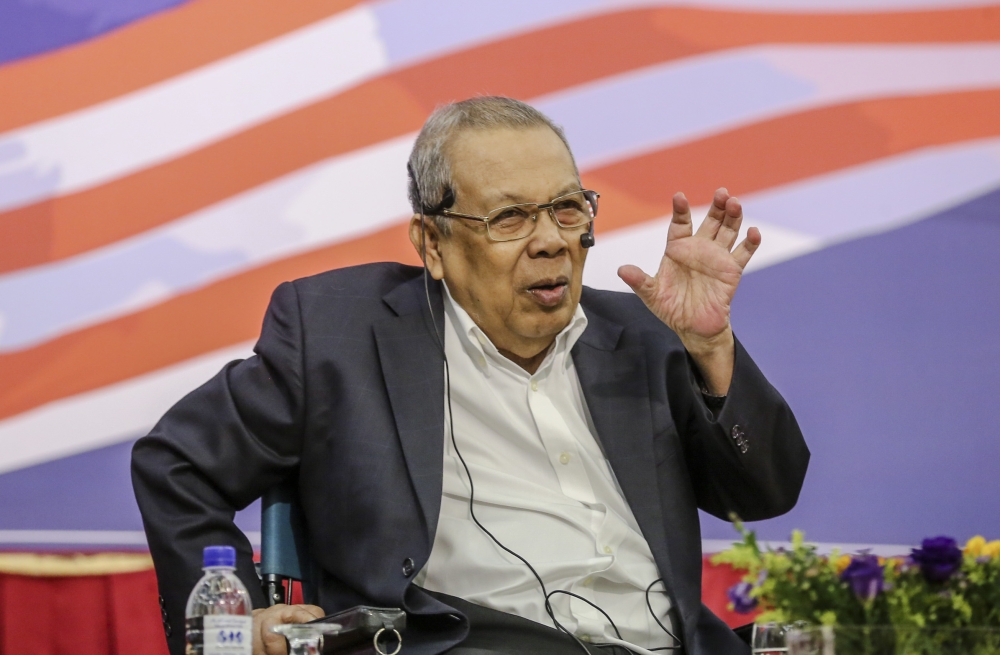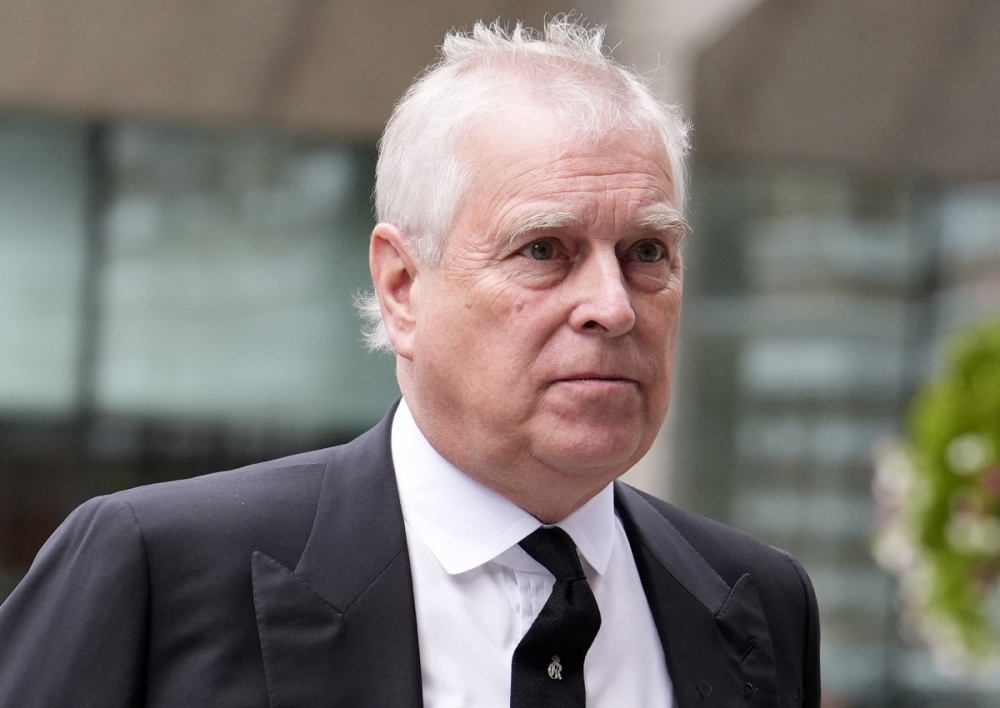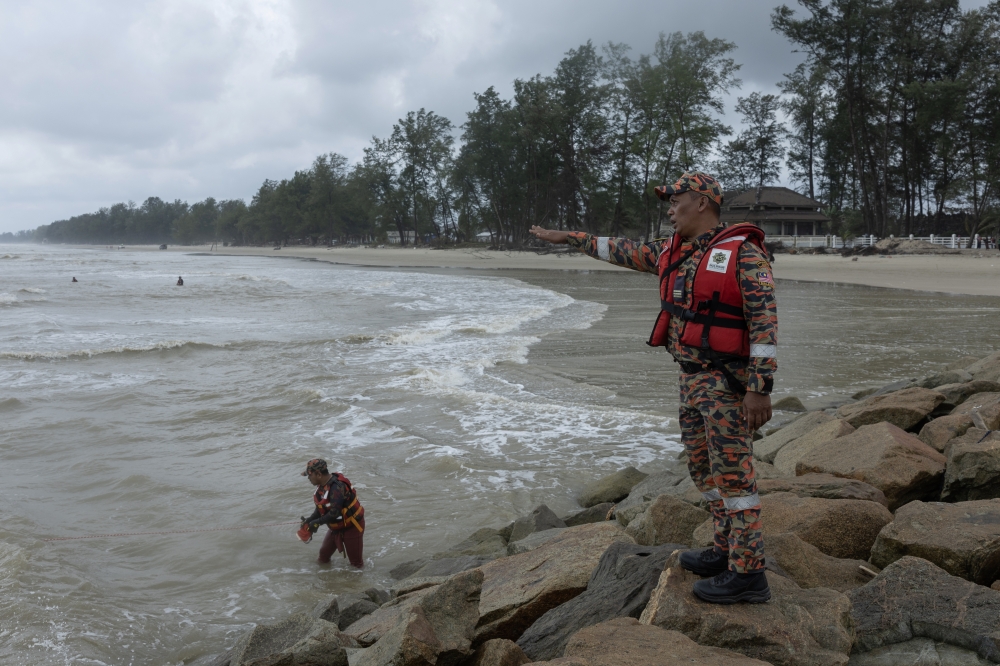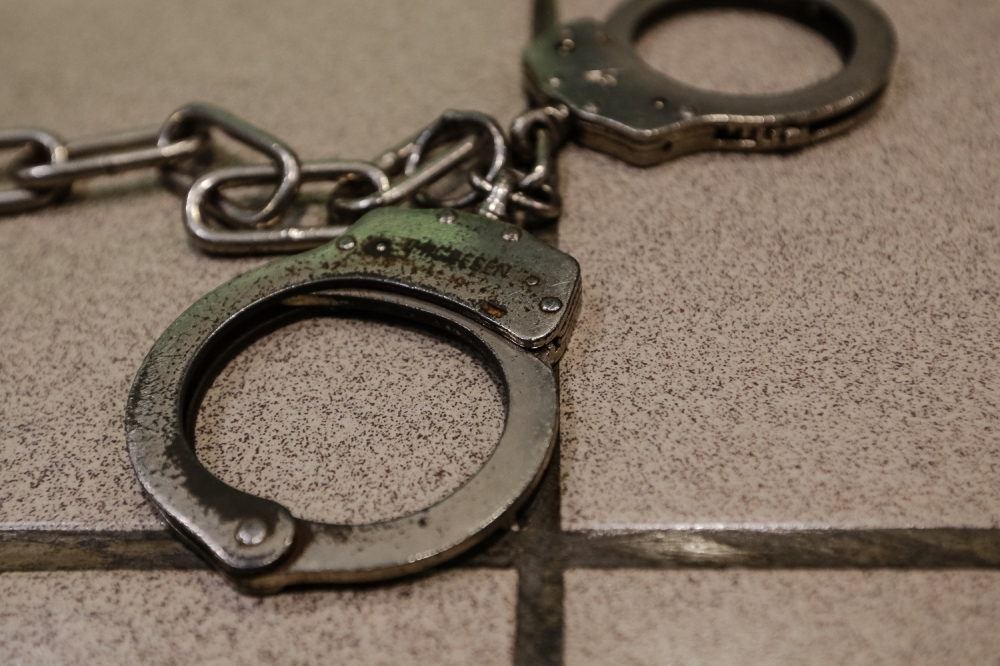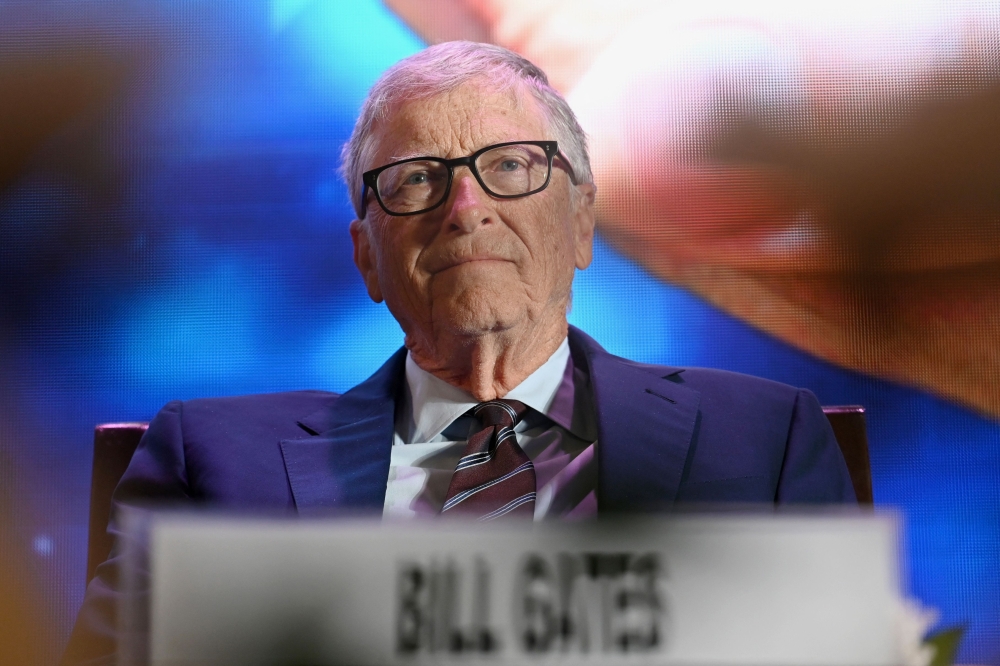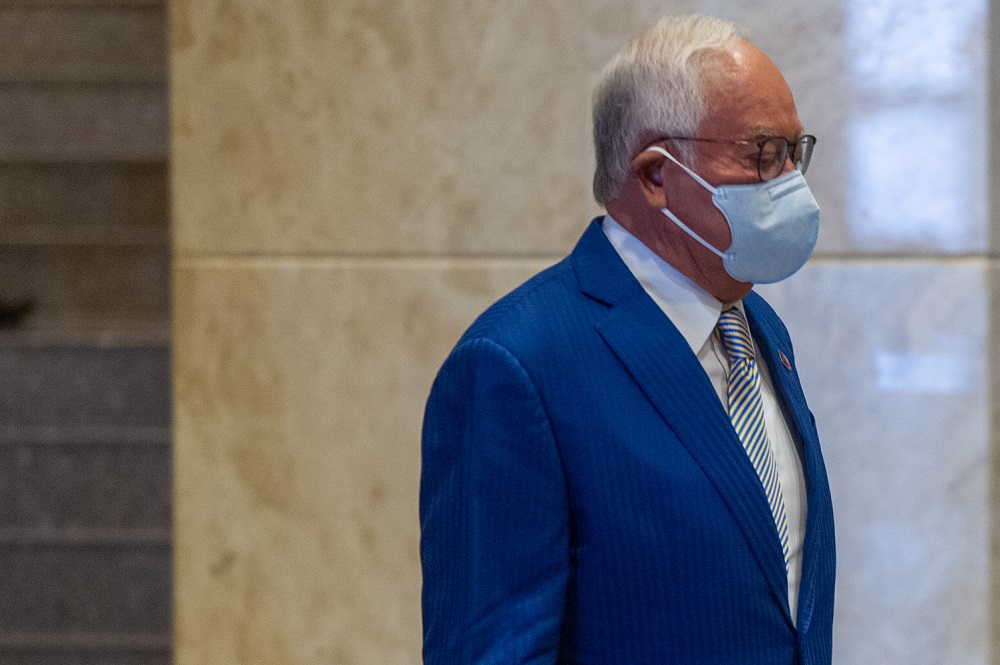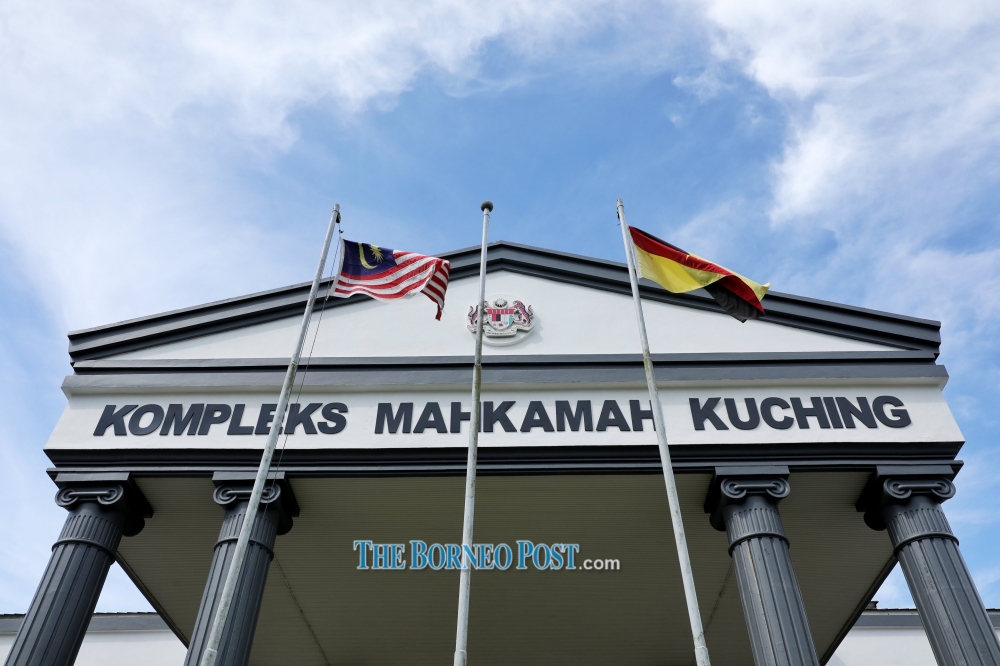KUALA LUMPUR, Aug 13 — Former prime minister Datuk Seri Najib Razak today rejected the attempts of a non-governmental organisation seeking a royal pardon for his corruption crimes.
The Pekan MP said he did not have the NGO, Pertubuhan Sahabat Ulul Amri Malaysia (PSUAM), nor requested it to act on his behalf and petition Yang di-Pertuan Agong Al-Sultan Abdullah Ri’ayatuddin Al-Mustafa Billah Shah for a pardon.
In a Facebook post, Najib said he wants to be tried fairly in court, “as it is the only way to clear my name fully”.
“I thank this NGO for caring about me, but I never contacted them and was not informed of their petition to the palace this morning.
“I do not want my cases dropped just like that and I do not want any political intervention. I am very confident that I am not guilty. Therefore, why do I need to be pardoned if I am not guilty?” he added.
He also shared a screenshot of an article published by news portal MalaysiaNow on the NGO’s request, and which he captioned: “Thanks, but no thanks!”
PSUAM made waves earlier following news reports of its petition to the King.
The group claimed many Malaysians wanted Najib to be “interim prime minister” amid the ongoing political turmoil triggered by Umno.
“This is an opportunity to save Malaysia. Najib fulfils two criteria — he is trusted by His Majesty and he has experience running the country,” PSUAM chairman Syed Muhammad Imran Abdul Aziz was quoted as saying by news portal Malaysiakini.
PSUAM added that pardoning Najib would show the Agong’s benevolence.
Najib was convicted and sentenced in the High Court last year to two years’ jail and fined RM210 million on seven charges of criminal breach of trust (CBT), money laundering and abusing his position as then prime minister and finance minister in using RM42 million belonging to SRC International Sdn Bhd, a former subsidiary of 1MDB.
Najib is currently appealing against his conviction and sentence.
He is also on trial for several other corruption charges that have been repeatedly disrupted by lockdowns due to the pandemic.
Under Article 42 of the Federal Constitution, the Agong can grant a pardon based on the advice of the Pardons Board.


